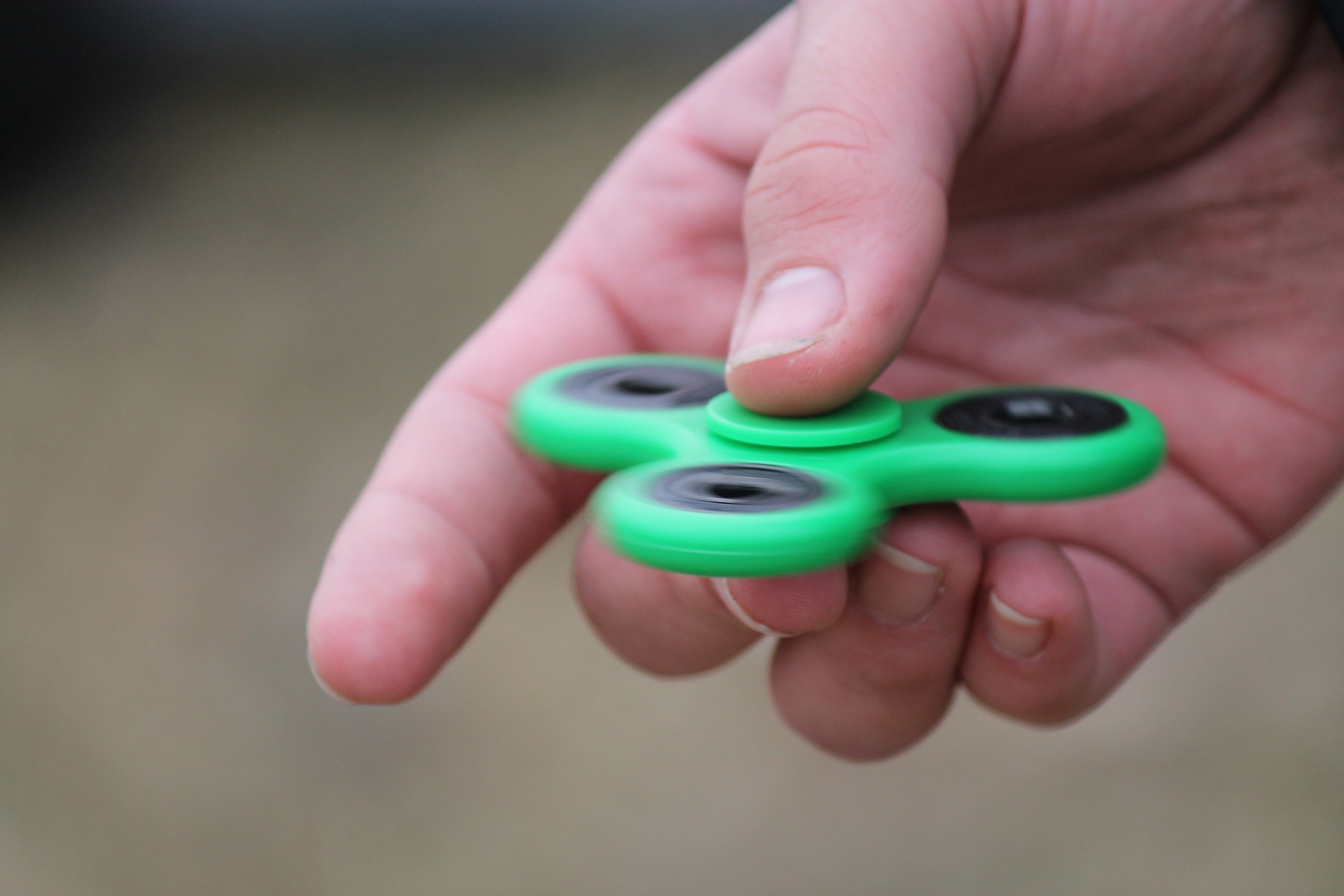
*This article was written by Sarah Mohiuddin, M.D., Clinical Assistant Professor in Psychiatry*
Happy World Autism Awareness Day to the autism community! Though it feels hard to celebrate at a time like this, we want to recognize all of the efforts of individuals with autism, their families and all of the people that support them.

Given the current crisis with COVID-19, there are a number of uncertainties that are facing families and individuals with autism. Many people with autism are directly impacted by disruptions in their usual activities, such as school, medical services, behavioral interventions, speech interventions, and job placements. Individuals are also impacted by increased stress in the environment and increased stress in their homes as their communities fall sick. Individuals with autism may also struggle to deal with the uncertainty of what is going on and what is coming next.
Talk to your child about Coronavirus:
Even if your family member with ASD has not asked about coronavirus or is unable to ask, they are likely hearing conversations in the home or related to coronavirus. It is important that you create an opportunity to answer any questions that they may have or address behavioral changes that may be necessary to maintain safety in the current environment. Using visual supports or social narratives may be helpful in reinforcement of key concepts such as social distancing, proper hand-washing techniques, and what the symptoms of coronavirus may be. There are a number of resources that are available that could help you think about how to do this. Autism Speaks is maintaining a page specific to COVID-19 resources for individuals and families with ASD. Other resources include a video teaching story from the University of Miami as well as information from the UNC Frank Porter Graham Child Development Institute. These resources include social narratives and visual supports on a variety of topics including understanding COVID-19, maintaining social distance, and hand-washing.
Create a schedule loosely based on typical day:
Individuals with autism may feel more comfortable with a schedule that mirrors what their day typically looks like when school is in session. It may be possible to re-create some of this at home, including having designated times for meals, snacks, music, gym, academic skills and daily life activities. This may also be an opportunity to incorporate additional physical activity that individuals with autism may typically not be able to obtain given their school and intervention schedules.
Optimize Treatment Opportunities:
The state of Michigan is currently under an executive order to suspend activities that are not necessary to sustain or protect life. Because of this, many of the typical interventions or medical appointments that your child may have been attending are no longer available in the same format. However, a number of providers, including medical professionals, speech pathologists, and behavior therapists have transitioned to providing online services. Speak with your providers to see what you may be eligible for. Many insurance companies are now providing coverage for tele-health services and this may be a way to maintain the skills that your loved one with autism has gained through interventions and treatments. This also may be an opportunity to explore other goals such as increasing independent living skills -- cooking, managing finances, getting dressed independently, etc. However, there may be some individuals who have significantly more behavioral dysregulation in the context of disrupted routines and decreased access to care. If this is your child, seek consultation from your behavioral health providers to determine whether you qualify for in-person services.
Communicate with your primary care physicians about testing options:
There are a number of things which your primary care office can help you navigate. One of these things is how to access testing for coronavirus given that individuals with ASD often struggle with compliance with medical testing or interventions of this type. A number of sites are offering drive-through testing for coronavirus. However, this testing may be uncomfortable and difficult to tolerate in this format. It is important that you have this discussion beforehand with your primary care physician’s office so you are able to navigate how to obtain testing if it is warranted.
Gather important paperwork:
This includes documents detailing medical history, medications, and medical-decision making for your loved one with autism. This may include parents, grandparents, family members, or friends. Make sure that you have all the documentation in place in case of an emergency. Documentation of prior medical conditions, medications and allergies will be especially useful during this time.
Plan who would accompany your child in case of an emergency:
If you feel that your child is experiencing worsening medical health in the context of coronavirus and you have been unable to obtain testing for your loved one, you may have to proceed to the emergency room in order to obtain testing. It is important that you plan for this possibility including understanding what the health system guidelines may be about family members accompanying their loved ones into the emergency room or other medical settings during this time.
Don’t forget to engage in self care:
This is a challenging and stressful time for all of us. Trying to juggle the needs of your family member with autism as well as all of the other demands of managing a household, work, and other family members in the home may be challenging. Plan time to engage in activities that will help replenish your energy and motivation such as talking to friends, engaging in a favorite activity, or getting exercise. Also, remember to maintain sleep hygiene and proper nutrition.



